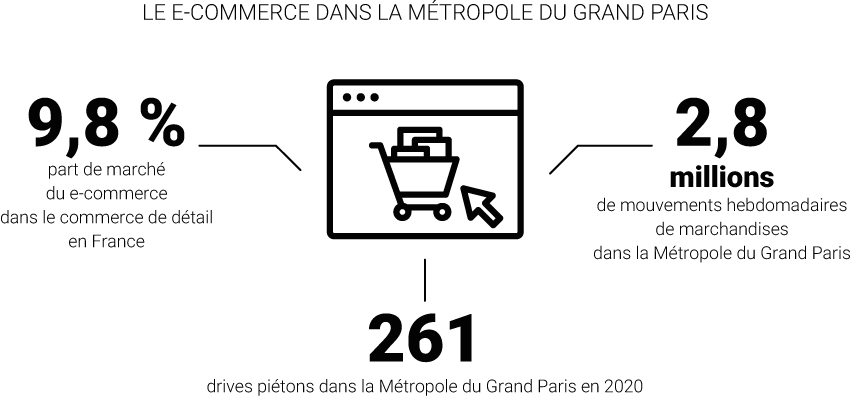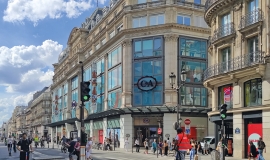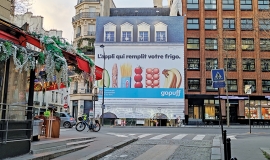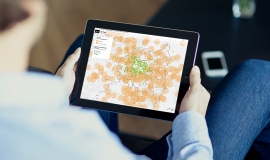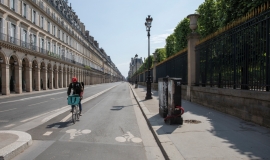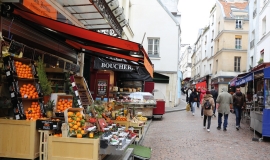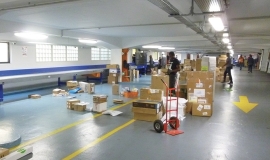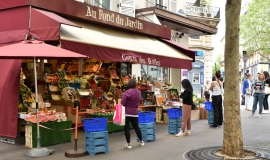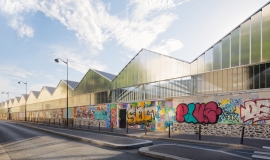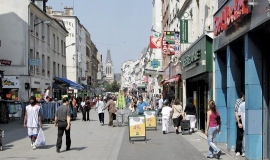The constant growth of e-commerce has gradually changed the consumer habits of those living in the Grand Paris Metropolis. Confronted by this evolution, traditional commercial outlets have to adapt, as do online sales logistics.

The impact of online retailers on street commerce and a new logistics organisation
E-commerce is a recent phenomenon, however, it now holds a central place in our society. Over the past 15 years total sales have increased tenfold and each year progress at a rate of more than 10%. Today, all sectors of street retail outlets are affected and few people living in the Grand Paris Metropolis have not, at least once, recently ordered an article or service on internet. The health crisis linked to Covid-19 has boosted e-commerce, particularly during the lockdown period in the first six months of 2020.
This study looks at some of the structuring elements of e-commerce in the Grand Paris Metropolis and assesses its impact on street retail outlets which are more and more affected by the competition they represent. In Paris the drop in the number of shops in business sectors such as bookshops, photography and more recently clothes has been quantified.
To adapt to these new practices, independent shops as well as major brand names and shopping malls are adopting new strategies: their presence on the web, new marketing initiatives.
Different facilities and solutions for selling online have been studied. Drive-ins, click-and-collects, relay points and automatic deposit boxes have been counted and mapped in Grand Paris Metropolis. In addition, urban logistics have to adapt to new types of traffic flow (home delivery services) to serve e-consumers. Depending on the types of products and sectors, the logistics planning varies and could potentially be improved to make e-commerce advantageous for the air quality and urban landscape.


